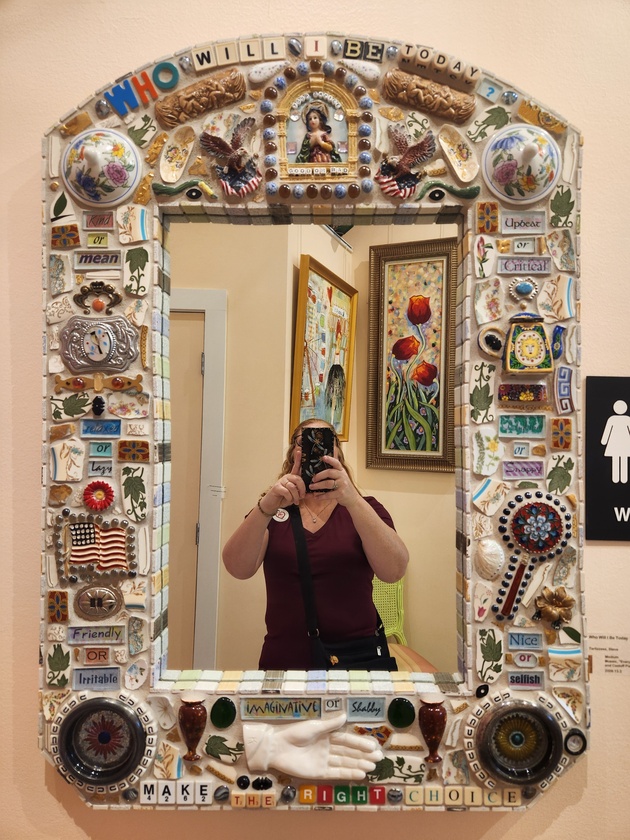I’ve had several conversations over the years with people who have tried the disciplines of being still and listening…and who are still concerned that they haven’t been actually
hearing God. “How do you know?” “What does that look like?” “Am I actually hearing Him, or is it my own thoughts?” The questions are often some variation of these three.
Much of the answer comes down to the character of God. From the very beginning, it was – and remains – His desire to have a relationship with us. He breathed His own breath of life into us. He walked with humanity in the Garden. Knowing that we would listen to lies about Himself and act on those lies (coupled with our inflamed desire for selfish gain), He wove the whole of history together to prepare and present a Savior for us. He is not a God who is hiding and doesn’t want to be found. He is not a God who refuses to speak. If we are having trouble hearing, then, it is likely that we need to know Him better so that we can distinguish His voice among the rest of the noise.
In the book of John, chapter 10, Jesus tells the Pharisees that, in the case of a shepherd, the sheep listen to their own shepherd’s voice. They follow him because they “know his voice. But they will never follow a stranger; in fact, they will run away from him because they do not recognize a stranger’s voice.” (verses 4 & 5) Likewise, followers of Jesus come to know His voice by close and frequent association.
Sheep know their shepherd because He stays with them. He comes into their pen. He leads them out to the grassy hillside to feed. He defines their boundaries of safety for them. He would often sing over them and speak to them. He comforts them when they are ill or injured and nurtures them back to health. He protects them from harm and fights their would-be attackers.
In the same way, we come to know our Good Shepherd’s voice as we spend time with Him. We come to know His character as we read the Bible – the words that He has left us about who He is and how He cares for the humanity that He created. We learn to hear His voice when we are in our still places, asking Him our questions directly and we sense Him nudging us toward a specific verse that answers us.
As we observe His creation in quiet contemplation, He begins to open our eyes to the things about Himself that He has written into everything that He created (Romans 1:20). We learn to hear Him in the voices of our fellow believers that speak encouragement, correction, and life into our lives – and we confirm that it is Him rather than simple well-wishing when we hold their words up against the Scripture and find them matching up.
Sometimes, we hear Him in a thought that enters our mind, whether words or pictures, that gives instruction or understanding that we KNOW we didn’t have on our own. When we act on that instruction or test that understanding and find it to hold true, we know that we have heard from Him. Then we add that to our experience of what His voice sounds like.
Over time, even as children learn to distinguish their parents’ voices in a crowd, we come to trust the experience of our conversations with God. We become sheep that know His voice and refuse to follow any other. The beauty is that in that knowing of His voice, we find ourselves in a place of provision, safety, protection, and purpose as we follow Him.

















